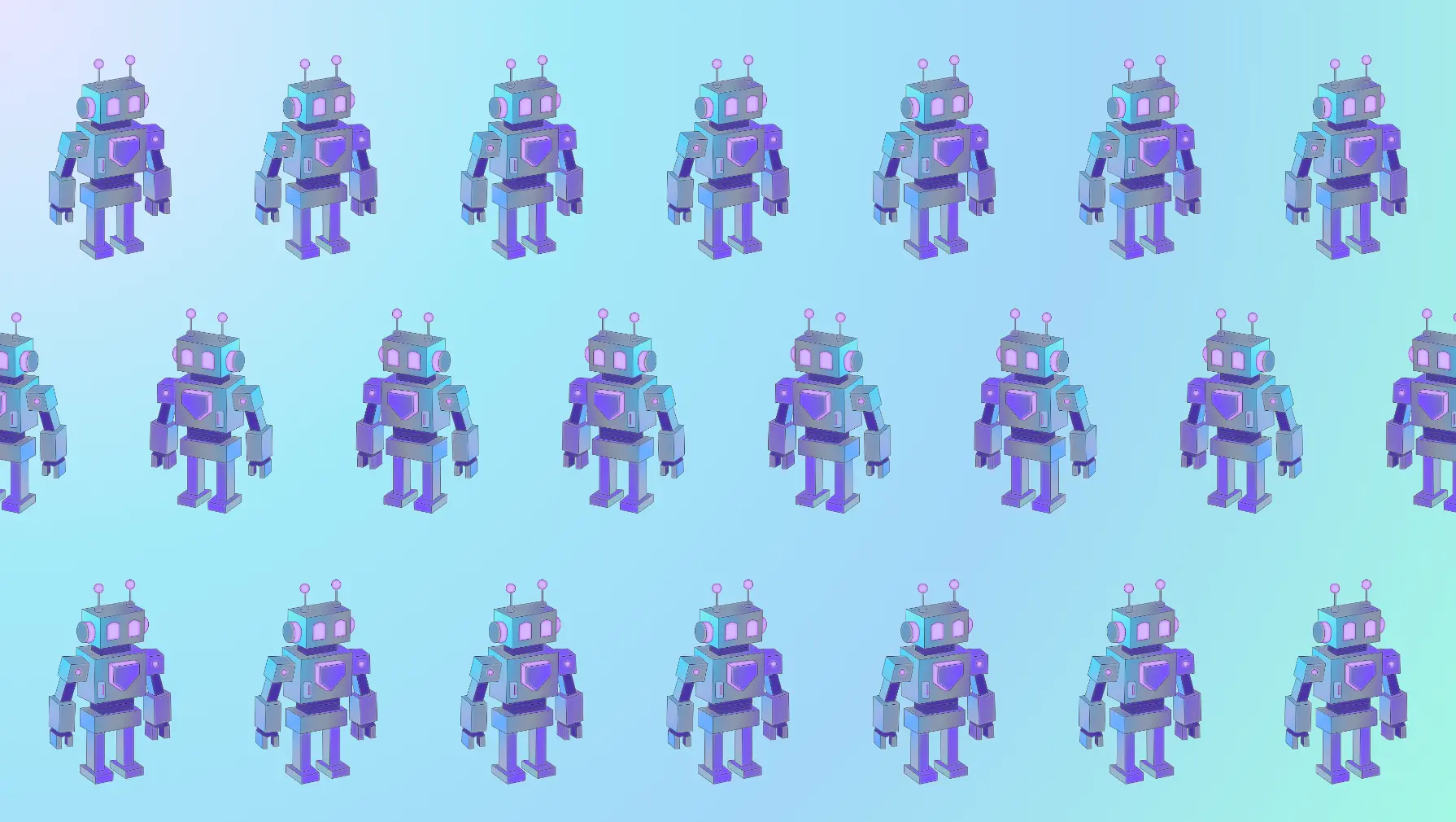The launch of ChatGPT by OpenAI in November 2022 marked a pivotal moment in the adoption of Generative AI (GenAI). Within two months, the platform had 100 million users. Since then, the user base has grown to over 180.5 million monthly users as of March 2024.
ChatGPT is a great example of Public AI, freely available to people who use it in their personal and professional lives to perform various tasks, from creating travel itineraries to writing code. However, as millions use ChatGPT, unexpected issues have started arising. For example, last April, Samsung discovered that employees shared sensitive data with ChatGPT, including source code in order to debug it and transcripts of internal meetings to summarise them. Cyberheaven that 4.7% of employees have pasted sensitive data into ChatGPT at least once, and that 11% of this data is sensitive.
This brought the need to protect private and sensitive data across organisations, and the term "Private AI", previously not part of the conversation, was brought into the spotlight.
So, let's explore what a business leader should know about Public and Private AI (in the context of GenAI) to leverage their potential. Plus, we will provide a hybrid approach so you can take the best of both worlds.
Public AI: Democratising access to AI
Public AI refers to Generative AI models and services available to the general public or a broad user base. These technologies are typically hosted on cloud platforms and are accessible via APIs or web interfaces. They are designed to cater to a wide array of tasks without specific customisation for individual users or organisations. The hallmark of public AI is its pre-training on large, diverse datasets, which equips it to address a multitude of applications, from content creation to analytical predictions.
Want clear, jargon-free advice to implement GenAI into your organisation? Read The Ultimate GenAI Guide by Calls9, filled with thought leadership, actionable advice, use cases, statistics, templates, and more.

Examples of Public AI
- OpenAI's GPT Series: These language models have revolutionised text generation, translation, and conversation applications, making sophisticated AI capabilities accessible to a wide audience.
- DALL-E: This AI by OpenAI generates images from textual descriptions, serving as a tool for artists, designers, and content creators.
- Google's BERT: Employed to understand the context of words in search queries, BERT improves search results for users worldwide, showcasing the power of publicly accessible AI in enhancing everyday technologies.
Benefits of Public AI
- Accessibility: The most significant advantage of public AI is its widespread accessibility, allowing businesses, independent developers, and even hobbyists to leverage advanced AI capabilities without substantial investments.
- Ease of Use: With pre-trained models available via user-friendly platforms, public AI lowers the barrier to entry for non-experts, enabling more individuals and organisations to incorporate AI into their operations.
- Innovation and Collaboration: The public nature of these AI models fosters a collaborative environment where users can share insights, improvements, and innovative applications, driving the technology forward.
Limitations of Public AI
- Generic Solutions: While highly versatile, public AI models offer generalised solutions that may not fully meet a business or industry's specific needs.
- Data Privacy Concerns: The use of large, publicly available datasets for training raises questions about data privacy and the potential for unintended bias within these models.
- Dependence on Service Providers: Users of public AI are often reliant on the continued support and development by the service providers, which could pose risks of discontinuation or changes in service terms.
Private AI: Tailoring AI for Specific Needs
Conversely, private AI involves GenAI technologies within a restricted, often proprietary, context. This category includes custom AI models trained on specific datasets owned by an organisation to serve unique business needs, ensuring privacy and control over the data and the insights derived from it. Private AI solutions are typically deployed on private servers or cloud instances and are accessible only to authorised users.
Examples of Private AI
- Custom Generative Agents for Customer Service: Organisations develop AI-based assistants trained on company-specific data, offering personalised customer service that reflects the organisation's values and knowledge base.
- Personalised Healthcare Recommendations: Healthcare organisations use private AI to analyse patient data, generating tailored recommendations while ensuring the utmost privacy and data security.
- Financial Risk Assessment Models: Financial institutions employ AI to analyse transactions, predict market trends, and detect fraud, using custom models that are intricately designed to meet their specific needs and regulatory requirements.
Benefits of Private AI
- Customisation and Specificity: The ability to train models on proprietary data allows for high degrees of customisation, offering solutions that are precisely tailored to specific operational requirements or customer needs.
- Data Privacy and Security: By keeping the data and AI models within a controlled environment, organisations can ensure the privacy and security of their information, which is particularly crucial in industries subject to stringent regulatory compliance.
- Competitive Advantage: Developing unique AI capabilities can provide organisations with a competitive edge, enabling them to offer innovative products, services, or operational efficiencies not readily available to their competitors.
- Revenue Generation: Private AI applications often directly contribute to revenue through new products and services or by enhancing existing ones.
Learn more about building GenAI strategies and solutions. Download The Ultimate GenAI Guide.

Limitations of Private AI
- Resource Intensity: The development, training, and maintenance of private AI models require significant investment in data infrastructure, computational resources, and specialised expertise.
- Scalability Challenges: Tailored solutions may face scalability issues when the need arises to adapt to new markets, customer bases, or operational scales.
- Innovation Silos: The proprietary nature of private AI can lead to silos of innovation, where advancements and insights are closely guarded, potentially slowing the pace of overall technological progress in the field.
Getting the Best of Both Worlds
Of course, you don't have to choose between private and public AI. In the pursuit of maximising the benefits of Generative AI, the combination of public and private AI presents an effective pathway. This approach leverages the accessibility and broad capabilities of Public AI models while harnessing the tailored, secure advantages of private AI systems.
By strategically integrating Public AI for general applications and augmenting it with private, custom-trained models for sensitive or proprietary tasks, you can achieve a synergistic effect. This combination allows for rapid innovation and scalability, drawing from the vast resources and community-driven advancements of Public AI alongside the bespoke, privacy-focused solutions of Private AI. Such a hybrid model not only optimises operational efficiency and innovation but also ensures adherence to data protection and privacy standards.
Getting Started with End-to-End AI Transformation
Partner with Calls9, a leading Generative AI agency, through our AI Fast Lane programme, designed to identify where AI will give you a strategic advantage and help you rapidly build AI solutions in your organisation. As an AI specialist, we are here to facilitate the development of your AI strategy and solutions within your organisation, guiding you every step of the way:
- Audit your existing AI capabilities
- Create your Generative AI strategy
- Identify Generative AI use cases
- Build and deploy Generative AI solutions
- Testing and continuous improvement
Learn more and book a free AI Consultation
* This articles' cover image is generated by AI




